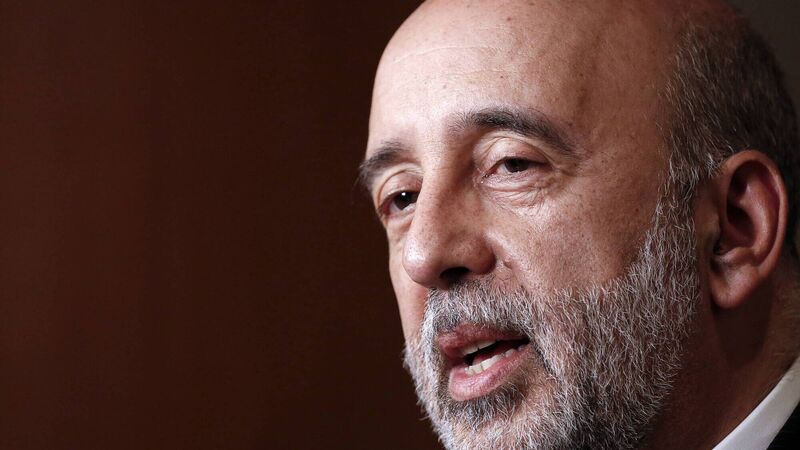Rising prices yet to factor in the war in Ukraine

Central Bank Governor Gabriel Makhlouf said price inflation could peak in the first half of this year but that significant uncertainty remains.
The soaring rise in fuel and energy prices being experienced by Irish consumers has yet to reflect the full implications of the war in Ukraine or the fresh wave of Covid-19 cases the Governor of the Central Bank of Ireland Gabriel Makhlouf has warned.
Speaking at the Oireachtas Finance Committee today the Governor said the 5.7% rise in prices recorded in February was the highest level of inflation since late 2000. He said inflation could peak in the first half of this year but that significant uncertainty remained.











